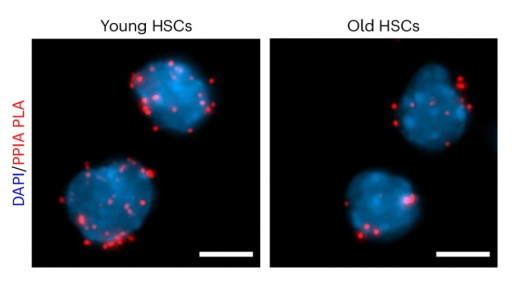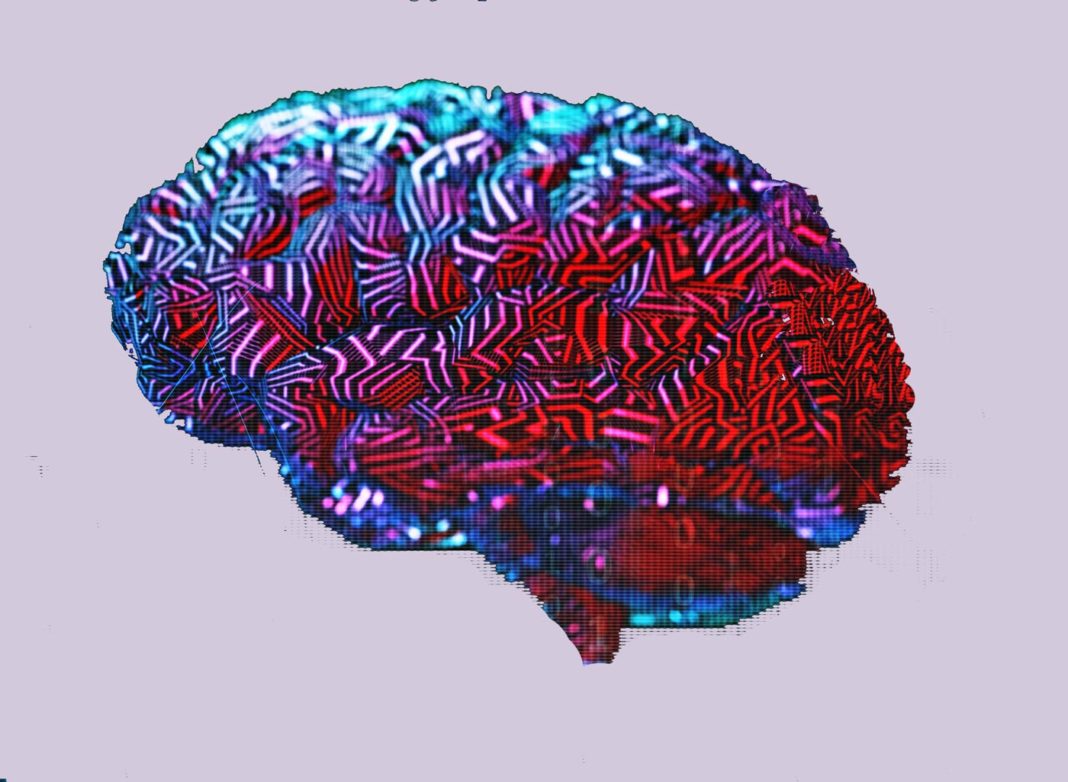by Kelsey A. Rankin, Alison Mosier-Mills, Walter Hsiang & Daniel H. Wiznia – BMC Archives of Public Health
Abstract
Secret shopper studies are particularly potent study designs that allow for the gathering of objective data for a variety of research hypotheses, including but not limited to, healthcare delivery, equity of healthcare, and potential barriers to care. Of particular interest during the COVID-19 pandemic, secret shopper study designs allow for the gathering of data over the phone. However, there is a dearth of literature available on appropriate methodological practices for these types of studies. To make these study designs more widely accessible, here we outline the case for using the secret shopper methodology and detail best practices for designing and implementing them.
Background
The secret shopper study design—also commonly referred to as “mystery shoppers” or “simulated patients”—is an integral study technique that allows for the exploration of multiple parameters of healthcare delivery. The strength of the secret shopper study design is that it provides insight into the challenges of access to healthcare that may be difficult to measure through more standard investigative techniques. By contacting healthcare facilities and posing as a patient seeking care, secret shopper investigators can attain a realistic, and more importantly, unbiased perspective of the patient experience




